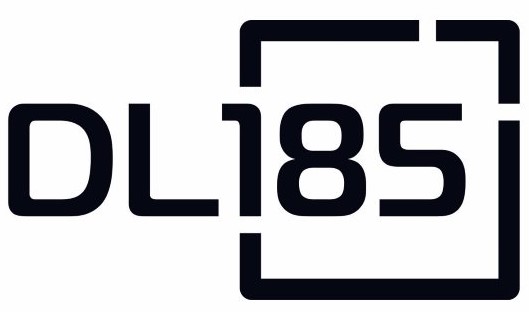
Is DL-185 a Scam? - TLDR
 |  |
SUMMARY: It is our opinion that DL-185 currently used by MuscleTech Peptide 185 is a scam. Its study is conflicted and incorrectly designed. We believe the study actually shows that DL-185 is worse than normal leucine.
DL-185 is just two leucine molecules bonded together; that's it. The creators claim the Dileucine DL-185 is faster and more completely absorbed because the leucine is bonded together.
Extraordinary claims require extraordinary proof, particularly when you can't feel the benefits, like improving muscle protein synthesis. DL-185 studies have the inventors listed as authors (to their credit, they do disclose this conflict). Science without independence is pointless. It's like when the tobacco companies put out human clinical research showing smoking was healthy for you here. The need for independence is so obvious Dilbert even did a comic about it here. These studies are just an advertisement by the creators in disguise.
Again, to give them credit, they also seem to share some negative science as well. "Supplementation with dileucine or leucine for 10 weeks while completing a resistance training program resulted in similar changes in body mass, body composition, and body waters as what were observed in a placebo." - from an abstract in the JISSN, which another person affiliated with this ingredient sits on the editorial board for yet another conflict of interest.
Avoid DL-185.
Update: We have removed some sentences from this after clarification from Ralph Jaeger.
Molecular mass leucine: 131.17 g/mol
Molecular mass DL-185: 280.4 g/mol
There is slightly less L-leucine per gram (~6.4%) in DL-185 at 4.299 × 10^21 compared to one gram of normal l-leucine at 4.59 x 10^21.
What is a TLDR review?
A full ingredient review takes weeks to research and weeks to write up as they are 2000–4000 words in length. We love the research part but don't have a full mastery of the English language and loathe the writing. TLDR means "Too long, didn't read". We are going to try doing the same research and just writing a summary. If an ingredient gets enough views, we will expand this to a full write-up. We hope this allows us to give our opinion on more ingredients and prioritize novel new ingredients that just launched.

